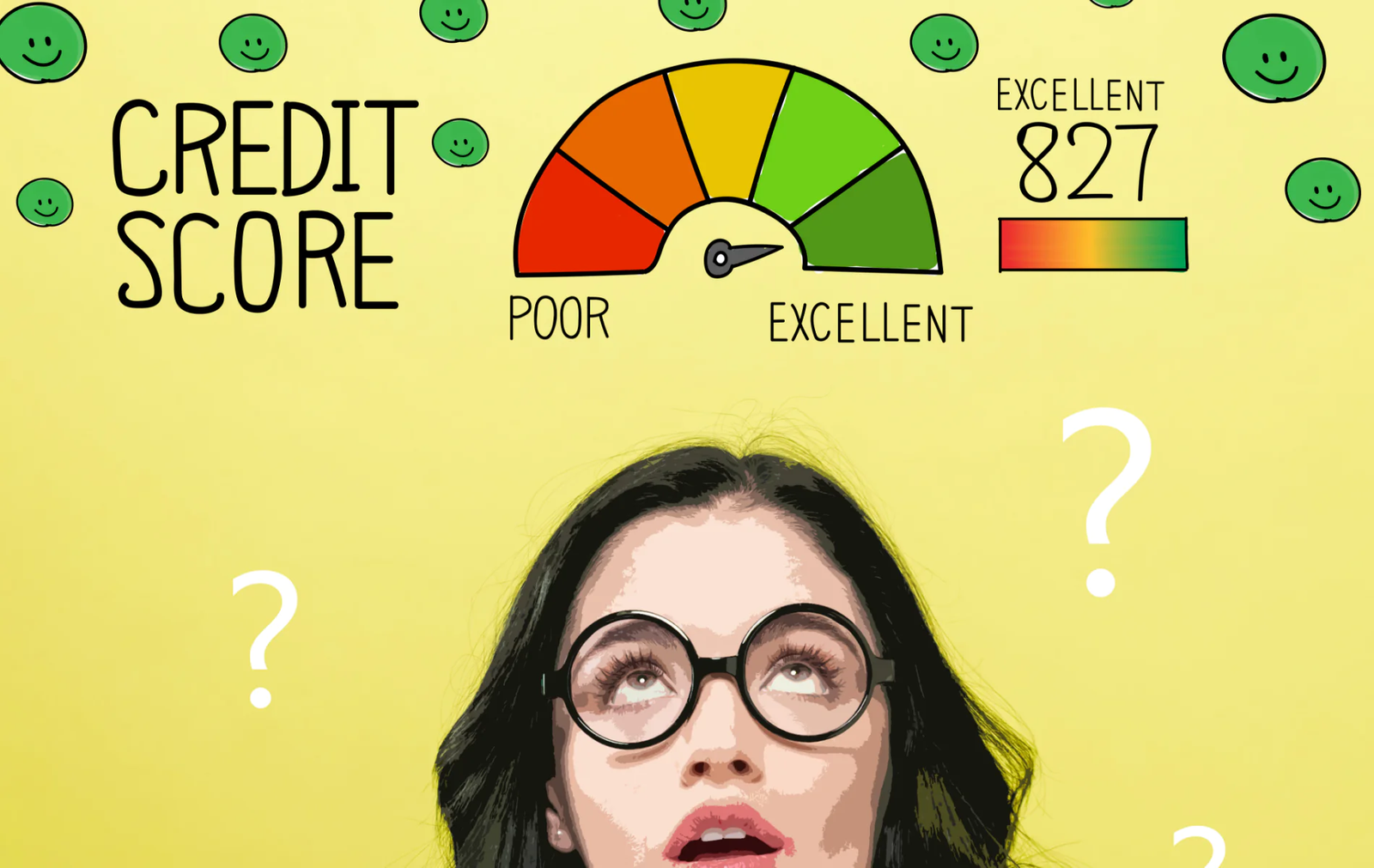Introduction
Credit scores play a crucial role in various aspects of our financial lives, yet they are often misunderstood. With so much misinformation circulating, it’s essential to separate fact from fiction when it comes to credit scores. In this guide, we’ll debunk the top 5 credit score myths and provide you with the facts you need to understand how credit scores work and how they can affect your financial well-being.
Debunking Credit Score Myths
Myth 1: Checking Your Credit Score Lowers It
One of the most pervasive myths about credit scores is that checking your score will lower it. In reality, checking your own credit score is considered a “soft inquiry” and does not impact your score at all. However, when lenders or creditors check your credit as part of a credit application (known as a “hard inquiry”), it may have a minor, temporary effect on your score. So feel free to monitor your credit score regularly without fear of harming it.

Myth 2: Closing Old Accounts Improves Your Credit Score
Another common myth is that closing old accounts can improve your credit score. In fact, closing old accounts can actually harm your score by reducing the average age of your credit history and increasing your credit utilization ratio. Keeping old accounts open, especially those with a long history of on-time payments, can positively impact your credit score by demonstrating a longer credit history and improving your credit utilization ratio.

Myth 3: Carrying a Balance on Your Credit Cards Boosts Your Score
Contrary to popular belief, carrying a balance on your credit cards does not improve your credit score. In fact, carrying a balance can result in unnecessary interest charges and may actually harm your score by increasing your credit utilization ratio. To maintain a healthy credit score, it’s best to pay your credit card balances in full each month and keep your credit utilization ratio low.

Myth 4: Closing a Credit Card Automatically Removes It from Your Credit Report
Many people believe that closing a credit card will automatically remove it from their credit report. However, closed accounts can remain on your credit report for up to 10 years, depending on the type of account and its status at the time of closure. While closing a credit card may impact your credit score in the short term, it’s essential to consider the long-term implications before making any decisions.

Myth 5: Income Affects Your Credit Score
Finally, there is a common misconception that your income directly affects your credit score. In reality, your income is not included in your credit report and has no bearing on your credit score. While lenders may consider your income when evaluating your creditworthiness, it does not factor into your credit score calculation. Instead, your credit score is based on factors such as payment history, credit utilization, length of credit history, types of credit accounts, and new credit inquiries.

Credit Score Myths: FAQs
Can I improve my credit score quickly?
Improving your credit score takes time and consistent responsible financial habits. While there are no quick fixes, focusing on factors such as paying bills on time, keeping credit card balances low, and avoiding unnecessary credit inquiries can help improve your score over time.
Will paying off collections accounts remove them from my credit report? Paying off collections accounts may improve your credit score slightly, but it will not remove them from your credit report. Collection accounts can remain on your report for up to seven years from the date of the initial delinquency, regardless of whether they are paid or unpaid.
How often should I check my credit score?
It’s a good idea to check your credit score regularly to monitor your financial health and identity any potential issues. You can check your score for free through various online platforms or by requesting a free credit report from each of the three major credit bureaus once a year.
Does applying for new credit cards hurt my score?
Applying for new credit cards can result in a temporary dip in your credit score due to the associated hard inquiries. However, the impact is usually minor and short-lived, especially if you have a strong credit history and only apply for credit when necessary.
Can I get a loan with a low credit score?
While it may be more challenging to qualify for loans with a low credit score, it’s still possible. You may need to explore alternative lending options or work on improving your credit score before applying for traditional loans. Additionally, you may need to accept higher interest rates or stricter terms with a lower credit score.
Conclusion
Don’t let common credit score myths dictate your financial decisions. By debunking these top 5 myths and understanding how credit scores truly work, you can take control of your financial health and make informed choices to improve your credit score over time. Remember to monitor your credit regularly, practice responsible financial habits, and seek guidance from reputable sources when needed.
